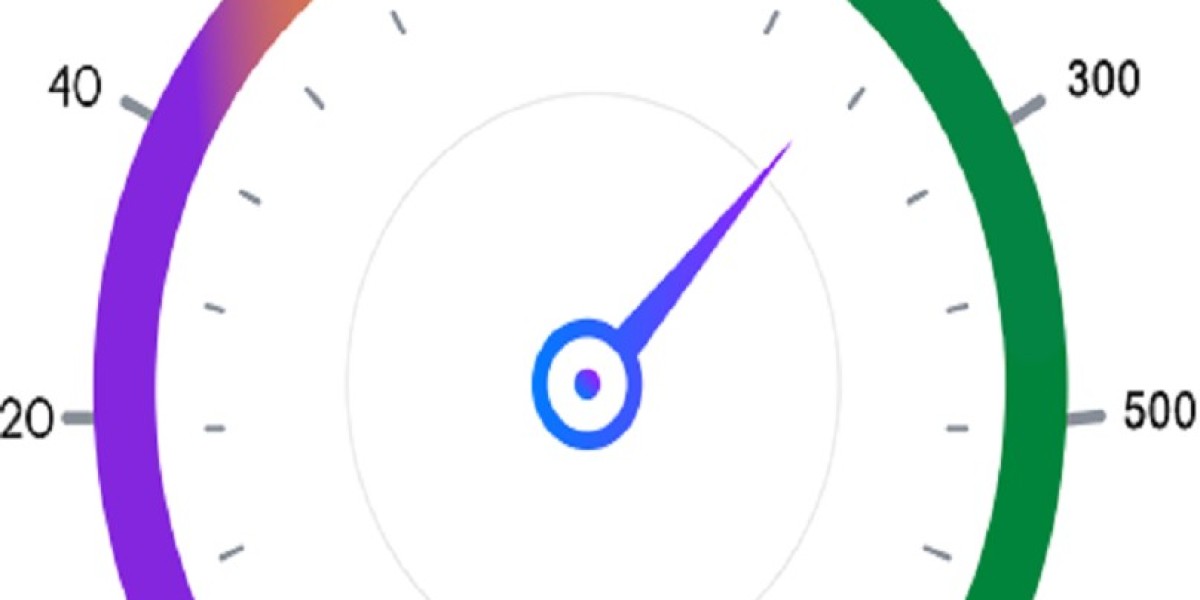When you think of ginger, you probably imagine its sharp, spicy taste in your tea, or maybe that little pile of pickled slices next to your sushi. But did you know that this humble root could play a surprising role in keeping your blood pressure in check? Yep — ginger isn’t just for flavor; it might actually be a quiet hero in the world of heart health.
Let’s slow down for a minute and really explore this idea. I’ve always been fascinated by natural ways to support the body, especially when they come from something as simple and affordable as kitchen spices. Ginger (or Zingiber officinale if you want to get fancy) has been used for centuries in Ayurvedic and Chinese medicine. People swore by it for nausea, digestion, even cold relief — but what about its effects on blood pressure?
So... How Does Ginger Affect Blood Pressure?
There are a few interesting ways that ginger can work in your body to support healthy blood pressure levels. To understand this, let’s think about what high blood pressure (hypertension) really is. Essentially, when your arteries get tight and your blood pushes too hard against the artery walls, that’s when trouble starts. Long-term high blood pressure is linked to strokes, heart attacks, and kidney problems. Yikes.
But here’s where ginger steps in.
Studies have shown that ginger may act as a natural vasodilator. In simple terms: it helps relax and widen the blood vessels, making it easier for blood to flow. Imagine squeezing a garden hose — when you let go, the water flows smoothly. That’s what ginger might do inside your arteries. In fact, an interesting study published in the National Library of Medicine (https://www.ncbi.nlm.nih.gov/pmc/articles/PMC3665023/) explained how ginger could reduce both systolic and diastolic blood pressure in animal trials.
Not only that — ginger is believed to have calcium channel blocking abilities. Why does that matter? Well, some of the best prescription blood pressure drugs, like amlodipine, work by blocking calcium channels to relax blood vessels. Ginger might offer a natural version of that effect.
But Wait... How Much Ginger Do You Need?
Here’s the part that usually gets glossed over in health blogs — the “how much” question. You can’t just eat a gingerbread cookie and hope for miracle results (sadly). Most studies that saw positive effects used ginger doses of about 2 to 4 grams per day. That’s roughly the size of a small thumb’s worth of fresh ginger root.
You could:
Grate ginger into your morning tea
Add ginger to stir-fries or smoothies
Boil slices in water for a calming herbal drink
Use ginger powder in soups or stews
Remember though, more isn’t always better. Large amounts of ginger can cause heartburn or digestive upset in some people. And if you’re taking blood thinners or blood pressure meds, you should definitely chat with your doctor before turning your life into a ginger festival.
Ginger vs. Blood Pressure Medications: Should You Swap?
Let’s get real for a minute — no natural remedy should replace your prescribed medication without a professional’s advice. Ginger shows promise, but it’s not a miracle drug. It might offer gentle support for your body, but if you’re dealing with stage 2 hypertension or serious cardiovascular risks, sticking with your doctor’s plan is the smart move.
That said... if you’re on the edge (maybe prehypertension) or trying to stay off meds, adding ginger into your daily routine could help your efforts. Just make sure you’re also eating right, moving your body, managing stress, and getting good sleep. (Yes, sleep really affects blood pressure — funny how everything’s connected.)
The Added Perks of Ginger
What’s cool about ginger is that it offers more than just potential blood pressure benefits. It also:
Helps reduce inflammation (chronic inflammation is another heart risk factor)
Aids digestion and soothes nausea
Boosts immunity thanks to its antioxidant properties
And if you’re the type who gets cold hands and feet because of poor circulation — ginger tea might actually warm you right up.
Who Should Be Cautious?
Like every good thing in life, ginger isn’t perfect for everyone. If you’re pregnant, have gallstones, or are on blood thinners (like warfarin), too much ginger could cause problems. Again — worth repeating — always talk to your healthcare provider if you plan to seriously ramp up your ginger game.
So, Is Ginger the Natural Secret for Lowering Blood Pressure?
It could very well be part of the puzzle. No single food or spice is going to save the day, but ginger makes a pretty convincing case for being a small, tasty helper in the fight for a healthier heart.
And the best part? You probably have some in your kitchen right now.
For more detailed information on natural remedies and lifestyle tips that promote cardiovascular health, you can check out this excellent guide from the American Heart Association: https://www.heart.org/en/healthy-living/healthy-eating/eat-smart.
If you’re an outdoor enthusiast who loves combining natural health with adventure (and seriously, why not?), be sure to visit Cajun Carolina Adventures for some fun, heart-pumping outdoor activities — because physical activity is another key player in controlling blood pressure.
Final Thoughts: A Little Ginger, A Lot of Potential
In a world full of fancy supplements and costly treatments, it’s oddly comforting to think that something as simple as ginger could offer so many health benefits. Whether you sprinkle it in your stir-fry, steep it in tea, or enjoy it in fresh juice, this spice deserves a regular spot in your daily routine — especially if you care about your blood pressure.
But remember: small changes build up over time. No crash diets, no overnight miracles — just consistent, natural choices that work with your body, not against it.
Stay curious, stay healthy — and enjoy that next cup of ginger tea knowing it’s doing more than just warming your hands.








